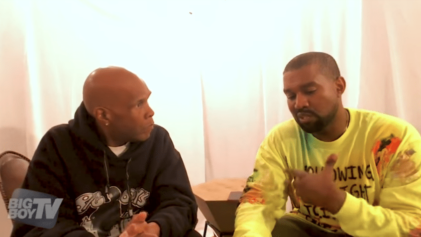Studies reveal that 2.3 million people in the United States have bipolar disorder, which is also referred to as manic-depressive disease. Further scientific studies confirm that African Americans develop bipolar disorder at the same rate as Americans of other races. However, Black Americans are much less likely to seek treatment, or a proper diagnosis, for their illness.
There are several reasons that Black people are not so quick to get medical treatment for bipolar disorder. After all, the Black community possesses a general distrust for health care professionals, since African Americans are more likely to be institutionalized for mental health issues. Many of these individuals are sent to mental health facilities, when medication and lifestyle adjustments could serve as effective treatment for their bipolar disorder. African Americans are also less likely to have financial access to quality medical care, and are often made to feel that being institutionalized is the only viable option.
It is no surprise that African Americans have a strong spiritual background, and have long turned to church and Christianity as a way to cope with mental distress. It is common for Black Americans to attend church more often, talk to a religious leader or share their concerns with a fellow Christian as a way to deal with emotional issues. While this can provide relief in some aspects, bipolar disorder is a serious disease and should be treated by a professional, even while the patient maintains a spiritual practice.
Schizophrenia is another mental disorder that is more common in the Black community than many people realize. However, a Medscape article suggests that the condition may be over-diagnosed in African Americans. This is largely due to the fact that Black people’s methods of expression are often misunderstood by society at large. The article also stated that many Black people who receive psychiatric treatment are not fully understood by the health professionals they are working with.
Low-quality care, which often begins at diagnosis, as well as a delay in diagnosis and treatment are also factors that affect schizophrenia treatment for Black Americans.
When it comes to mental disorders, there is still a stigma plaguing the Black community that suggests that mental illness is a weakness. In general, African Americans are expected to simply “be strong” and ignore their psychological ailments, and it is widely acceptable for Black people to turn to drugs and alcohol as a way to cope with stress, frustration and anxiety—which are also symptoms of bipolar disorder or schizophrenia.
Healthy and open discussions about mental health are still very much needed in the Black community. Members of the community must adopt the boldness and emotional balance to explain mental illness in order to expedite treatment and provide proper diagnoses for African Americans.



